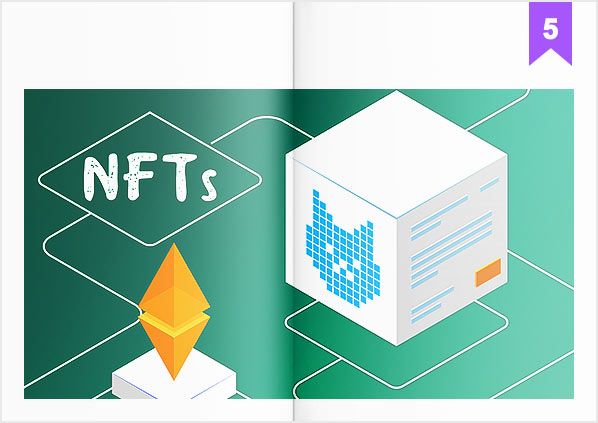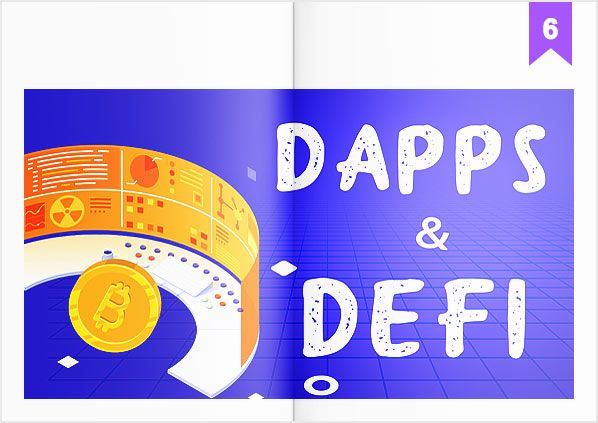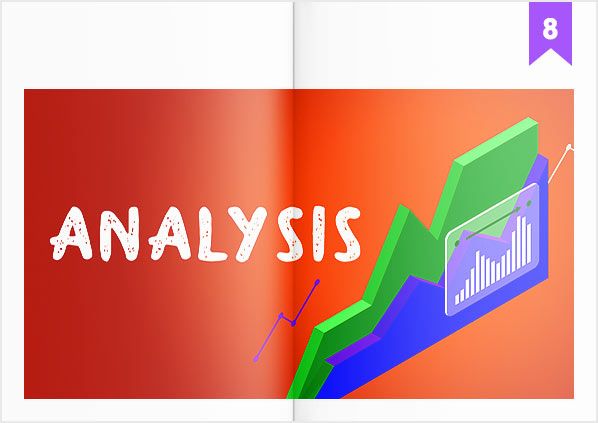What is Radio Frequency Identification (RFID)?
Let's find out Radio Frequency Identification (RFID) meaning, definition in crypto, what is Radio Frequency Identification (RFID), and all other detailed facts.
Radio Frequency Identification (RFID) employs radio waves to passively identify a tagged item or a person. The RFID system is made up of an antenna, RFID tag, RFID reader, and a transceiver.
In order to broadcast and receive data, RFID employs radio waves of various frequencies. Low frequency (30-300 kHz), high frequency (14.56 MHz), and ultra-high frequency (300-3000 MHz) are the three basic frequency ranges used for RFID transmissions.
A few examples of the application of RFID include inventory control, employee tracking, and equipment tracking.









